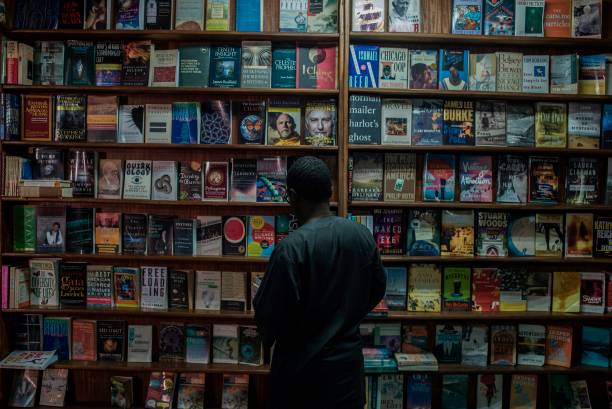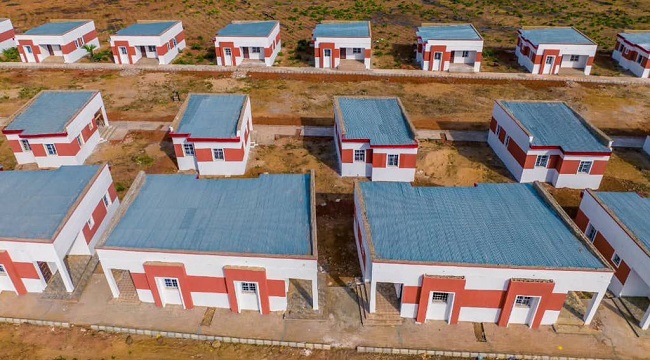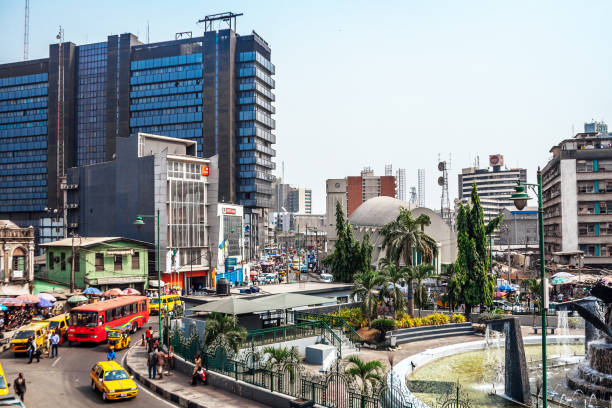Once upon a time in Nigeria, books were more than pages and ink—they were treasures. From the dusty shelves of school libraries to the busy stalls of street-side vendors, literature was a way of life. Names like Chinua Achebe, Wole Soyinka, and Buchi Emecheta weren’t just authors—they were household legends.
But today, one can’t help but ask: Who killed the Nigerian book culture?
A Vanishing Culture
Literacy in Nigeria has always walked a tightrope. While millions can read and write, functional literacy—the ability to read with understanding and use information in daily life—remains a struggle.
“Our children can recite the alphabet, but many can’t read a simple passage and explain it,” says Mrs. Abiola Ajayi, a primary school teacher in Lagos. “They don’t even enjoy reading anymore.”
Many blame the digital age, but that’s only part of the story.
Publishing in Pain
In the past, Nigerian publishers were strong players in the African literary world. Today, many have either shut down or shrunk to shadows of their former selves.
“Publishing in Nigeria is a high-risk venture,” explains Mr. Chukwuemeka Ibe, a Lagos-based publisher. “Printing costs are insane. Paper is imported, and power supply is unreliable. Most publishers can’t survive it.”
What about local authors? Many are giving up or fleeing.
“Most Nigerian writers now publish abroad because they don’t want to deal with the nightmare at home,” says Lola Odedina, a former editor at a major Nigerian press. “We’ve lost countless voices to poor distribution, piracy, and lack of government support.”
Piracy: The Silent Killer
Nigerian writers and publishers often face another silent but deadly enemy—piracy.
“Before my book even reached bookstores, pirated copies were already in traffic,” says Uche, a young author from Port Harcourt. “How do you make a living from your work when thieves are selling it for ₦500?”
According to the Nigerian Publishers Association, over 60% of books in circulation are pirated. With authors barely making profits, many stop writing altogether.
Libraries of Dust and Silence
In cities and towns across Nigeria, public libraries stand as ghosts of a better time.
“You’ll find outdated textbooks and broken chairs,” says Nnamdi, a university student in Enugu. “No new books. No internet. Just silence.”
While private libraries are springing up in wealthier areas, access is still out of reach for the average Nigerian child.
“Without proper libraries, how do we raise readers?” asks Nkiru Okoye, a literacy advocate. “Reading shouldn’t be a luxury.”
A Glimmer of Hope
All is not lost.
A new wave of writers and literary activists is rising. Online platforms, reading clubs, book festivals like Ake and Lagos International Poetry Festival are slowly reigniting the passion.
“We’re not dead yet,” says Tolu Daniel, founder of a digital reading hub. “Young Nigerians are writing, reading, and creating—they just need the right support.”
Social media has become a haven for storytelling, with platforms like Twitter, Instagram, and TikTok nurturing a new kind of literature—short, fast, and digital.
“There’s potential,” says Kemi Falodun, a literary journalist. “We just need to bridge the gap between tradition and tech.”
So, Who Really Killed the Book Culture?
The truth is: it wasn’t one killer. It was death by many cuts—poor education systems, collapsing libraries, piracy, publishing struggles, and a government that looks away.
But as long as there are Nigerians writing their truths, reading in corners, and passing books hand to hand, the culture isn’t dead. It’s just wounded—waiting for someone to bring it back to life.
Do you still read Nigerian books? Maybe it’s time we all did—again.





